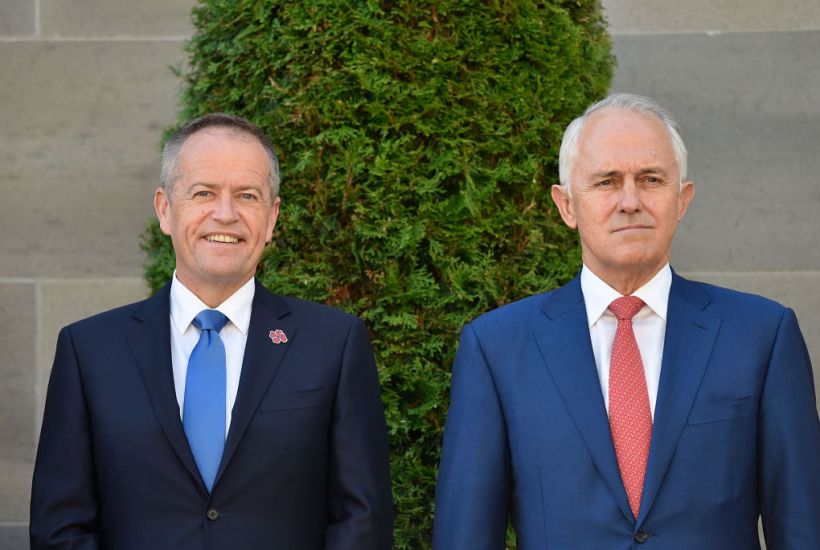It’s end of year performance review time in corporate Australia. Oh, what boundless joy now falls upon us! White collar workers are well aware of the natural cycle that emerges in every new financial year, the perennial atonement for professional wrongs and a promise to develop ever more meaningful KPIs. As many of us suspect, the value of doing any of this is extremely debatable. Even Deloitte, presumably a bastion of bureaucracy and tedium, has now given away the annual performance review practice entirely.
There’s every reason to believe that this annual review process places an undue strain on the thousands of us who find ourselves situated behind desks all over this country. The growing influence of David Graeber (of Bullshit Jobs fame) serves to illustrate exactly why many people find thinking about the current state of their career distasteful – it appears as if many white collar workers believe that their jobs have no justification for existing at all. Perversely, Graeber seems to be especially popular with members of the managerial class. Perhaps these people are masochists who enjoy being told that they’re not doing anything valuable with their lives?
The growth of the Australian services sector has led to an explosion in roles that purport to serve some complex yet critical role in the functioning of the organisation. Think risk managers, compliance audit officers, corporate lawyers, market insight analysts and process optimisation consultants. Marx wasn’t right about much, but it was indeed a trenchant observation to note that alienating workers from the ultimate goal of their efforts is bad for individual morale. But what choice do we have now? The almost infinite complexity of the modern, digital economy demands the creation of arcane and isolated professional specialities.
Unfortunately, the troubled currents of this discontent drag civil society towards some very undesirable outcomes. The infamous Andrew Breitbart assertion that politics is downstream from culture seems more relevant now than ever before. What kind of politician then do we find appealing in a society where we openly denigrate our work, one where our jobs are starting to be seen as shameful activities that could be avoided if only we were more sophisticated and enlightened? How much worse does it get if public figures continue to claim that large businesses are actively attempting to undermine the interests of their employees?
The fundamental political question for a society that questions the value of work ultimately becomes one of meaning. Work has been a critical element of western life and social identity for hundreds of years – the trend towards vilifying it then requires that an alternative is presented. This is similar to the consequences that have already been observed as a result of the growing abandonment of religious practice. The most fundamental role of the Church in Australian society was never to baptise people or educate the masses about Jesus Christ, it was to provide a consistent and comforting answer to the existential question how should I live my life?
The Super Saturday by-elections are unlikely to deliver any shocking revelations about the state of Australian politics, or by extension, Australian life. Early polling indicates a risk to Labor without suggesting a landslide either way. Regardless, conservatives would do well to note that the largest growth in union membership is attributable to white-collar workers and that Greens voters tend to come from the more materially wealthy enclaves of our capital cities.
Modern life presents us with many challenges, not least of which is the growing disillusionment amongst the working class that is preyed upon so successfully by Labor. Should this resentment spread to the professional class it’s obvious which policy platform will have a competitive advantage. Bill Shorten might come across as oleaginous, smug and hypocritical to many – but there is no shortage of voters who only hear him promise to fight the uncertainty and disappointment that they feel every day. It’s worth remembering that the premises of a small government and a self-determined life aren’t universally attractive at the ballot box.
Got something to add? Join the discussion and comment below.
Got something to add? Join the discussion and comment below.
Get 10 issues for just $10
Subscribe to The Spectator Australia today for the next 10 magazine issues, plus full online access, for just $10.


























Comments
Don't miss out
Join the conversation with other Spectator Australia readers. Subscribe to leave a comment.
SUBSCRIBEAlready a subscriber? Log in